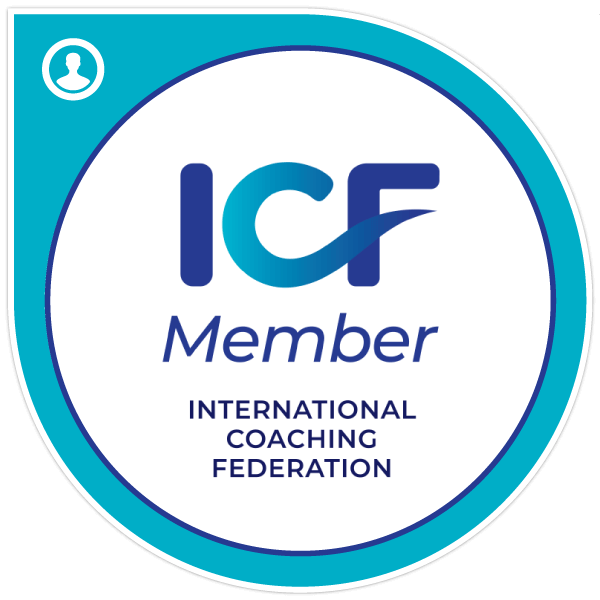You may be asking yourself why invest my time and money in coaching?
At the beginning of my coaching journey, I asked myself the exact same question. It wasn’t until I worked with a professional coach myself that I truly felt the power of professional coaching. I was dealing with a challenging situation with someone at work and I couldn’t see a path to resolution. I had tried all of the Leadership tools I had in my toolkit and nothing was working. I was frustrated and the other person was demotivated and discouraged. I sought the assistance of a professional coach and within two sessions, I had my answer and a solid plan to resolve the situation. I met with the person at work the next day and we had a real, honest conversation. We both left the meeting feeling heard, understood and like we could create a new working relationship going forward. This is just one example of many personal experiences I could share.

What if I don’t know what I need?
You may be wondering how coaching can help you specifically.
Coaching can help you gain clarity about different aspects of your life. A coach can help you define clear goals and find ways to achieve those goals. Some clients enter their first coaching session with a clearly defined purpose or goal, and sometimes they arrive with a vague feeling that something needs to change. They feel stuck, unfulfilled, unable to move on from a situation, or facing the same issues repeatedly without making progress.
We start by uncovering these issues and determining what the real or underlying cause is. Together we create a plan that provides a clear direction to make the change you want. Coaching takes an open mind and a desire to change; even if you are not 100% clear on what needs to change. It’s important that you have the time and capacity to devote to your own development. Ironically, if you think don’t have time to prioritize yourself, you are very likely a perfect match for coaching.

How is coaching different from Therapy?
Another thought you might be having is how is coaching different from therapy or counseling?
Coaching is not therapy. Therapists are the most common service providers that people confuse with coaches. It’s not surprising as these two areas do have some similarities, in the sense that they help people feel better and progress in their lives. When we talk about therapy, we usually refer to the work of psychiatrists and psychologists. Psychiatrists are licensed medical professionals who can diagnose and treat mental illnesses. They can perform medical tests on their patients and prescribe medication for them.
A psychologist is also a licensed professional, but not a medical doctor. They can’t prescribe medication or diagnose their clients, but they can provide talk therapy and help people with mental health issues such as anxiety, depression, mood disorders, or addictions.
A coach, like myself, is not licensed by a governing body, but is certified by a training institution. In my case, I was trained at the Adler Graduate Professional school in Toronto and certified by the International Coach Federation ( ICF). As a coach, I do not impose my own views or solutions on my clients, but rather, I help them to reflect, gain clarity about their beliefs, and consciously choose what they want. I will also hold them accountable to complete the steps they determine will help them achieve their goals.
“Don’t ask yourself what the world needs. Ask yourself what makes you come alive and then go do that. Because what the world needs is people who have come alive.” Howard Thurman



